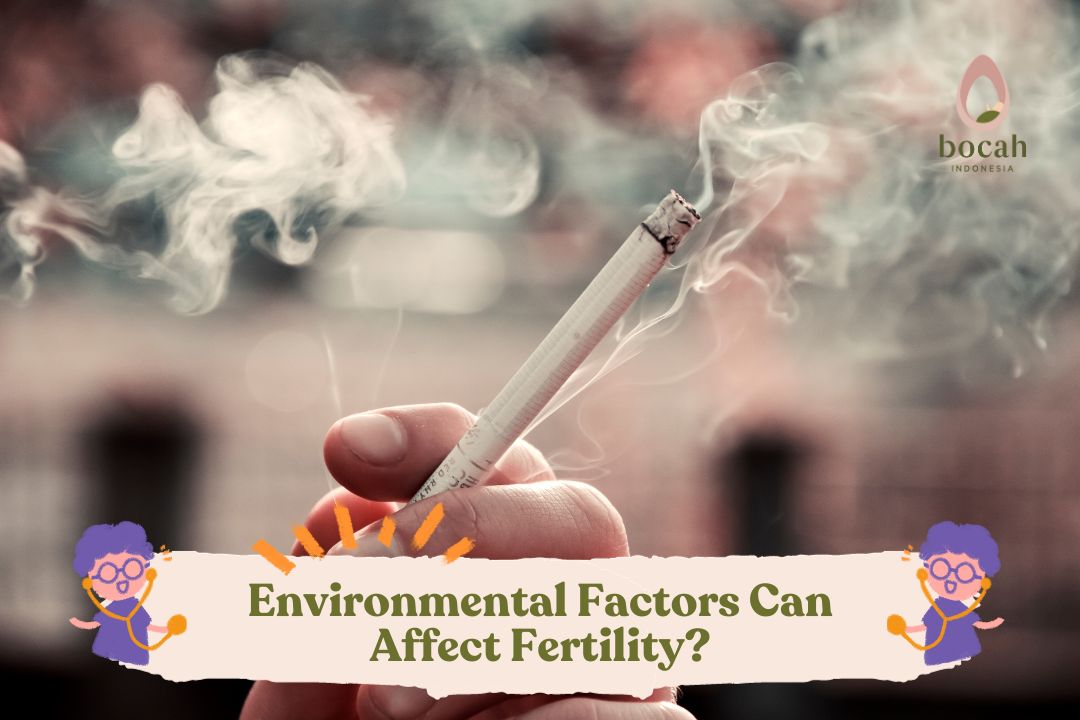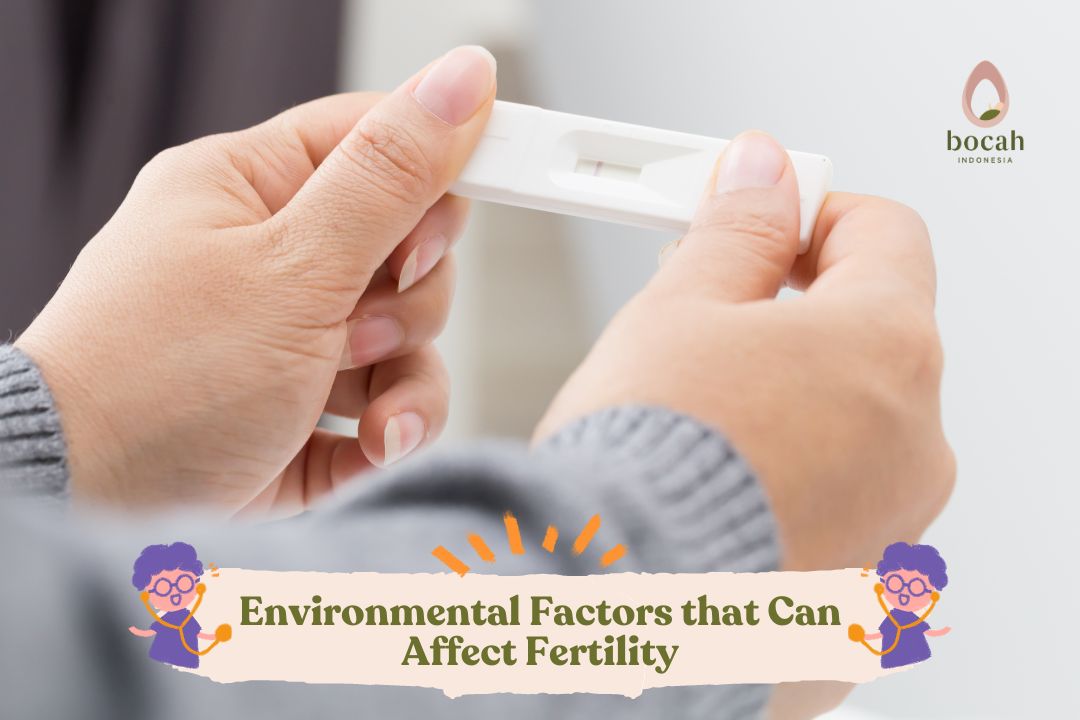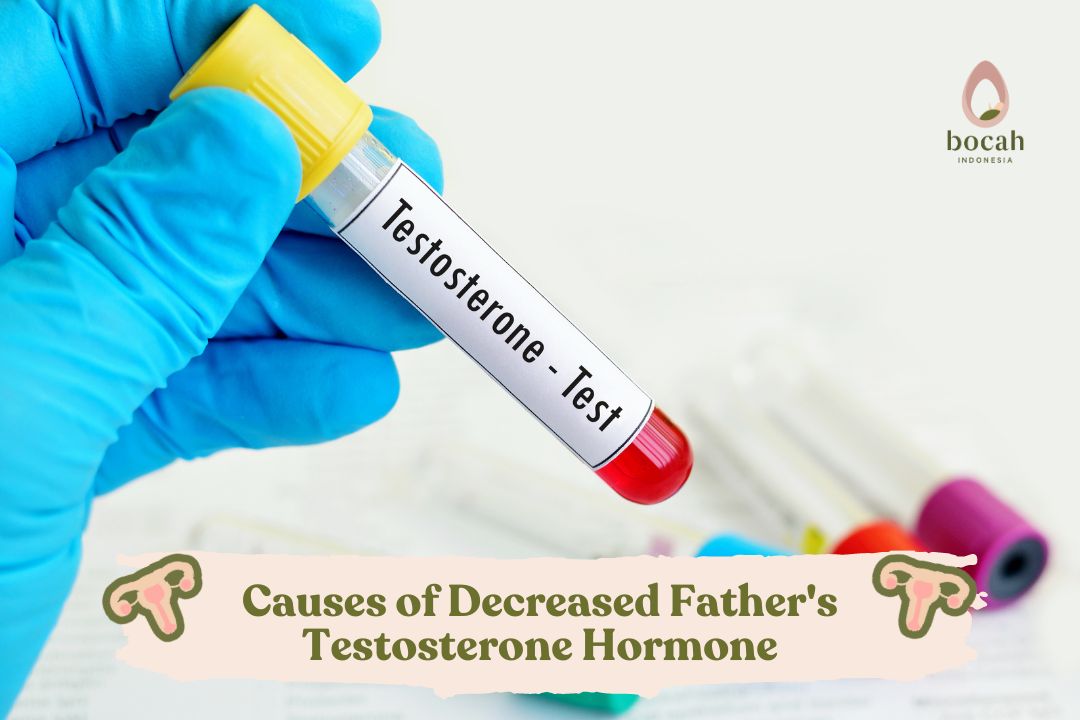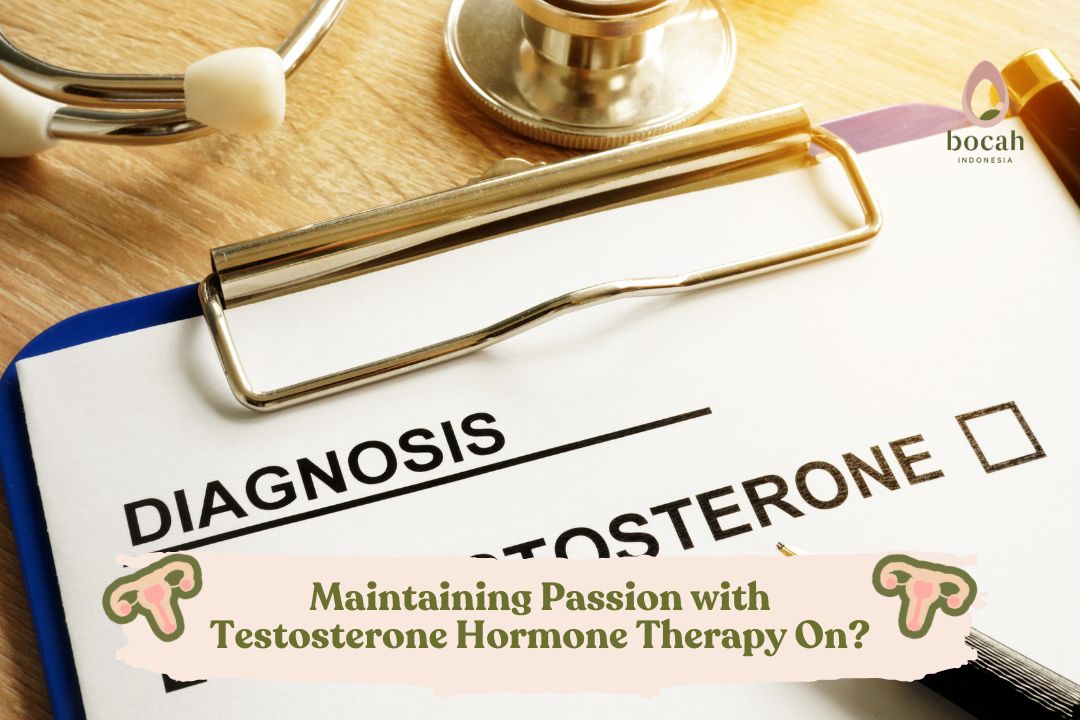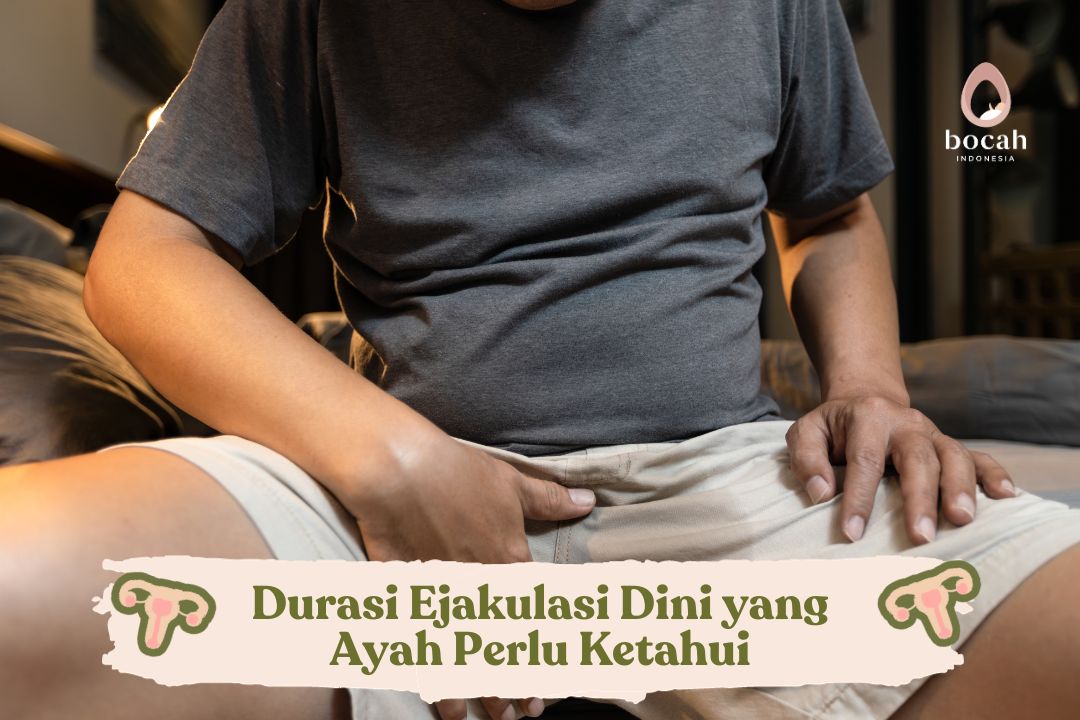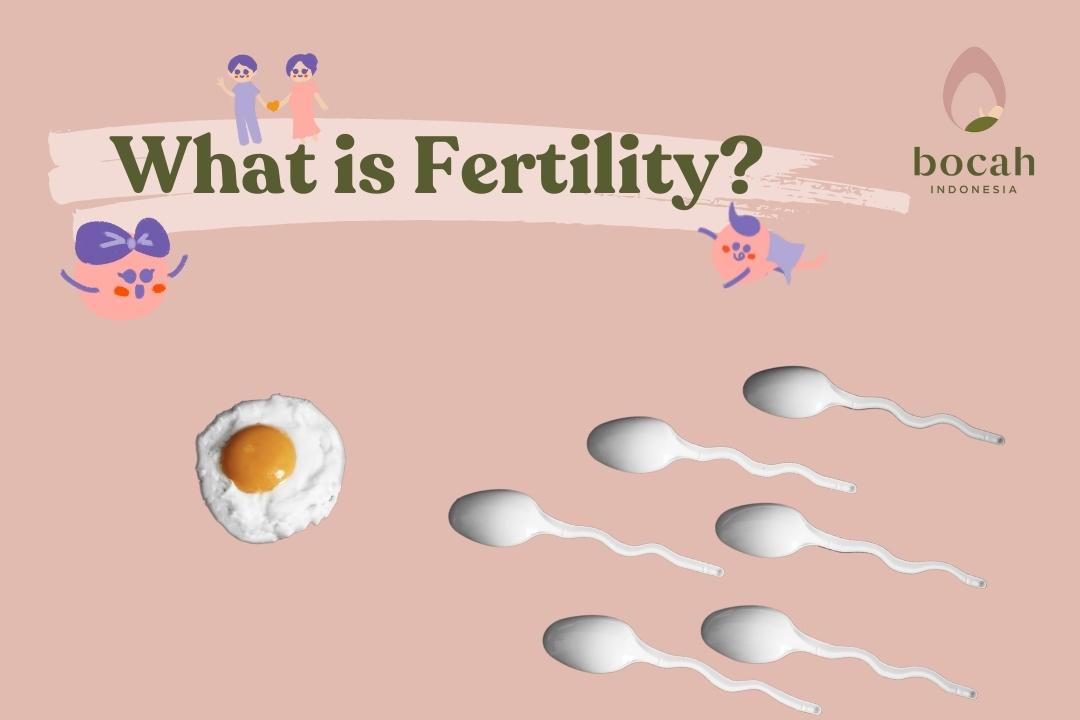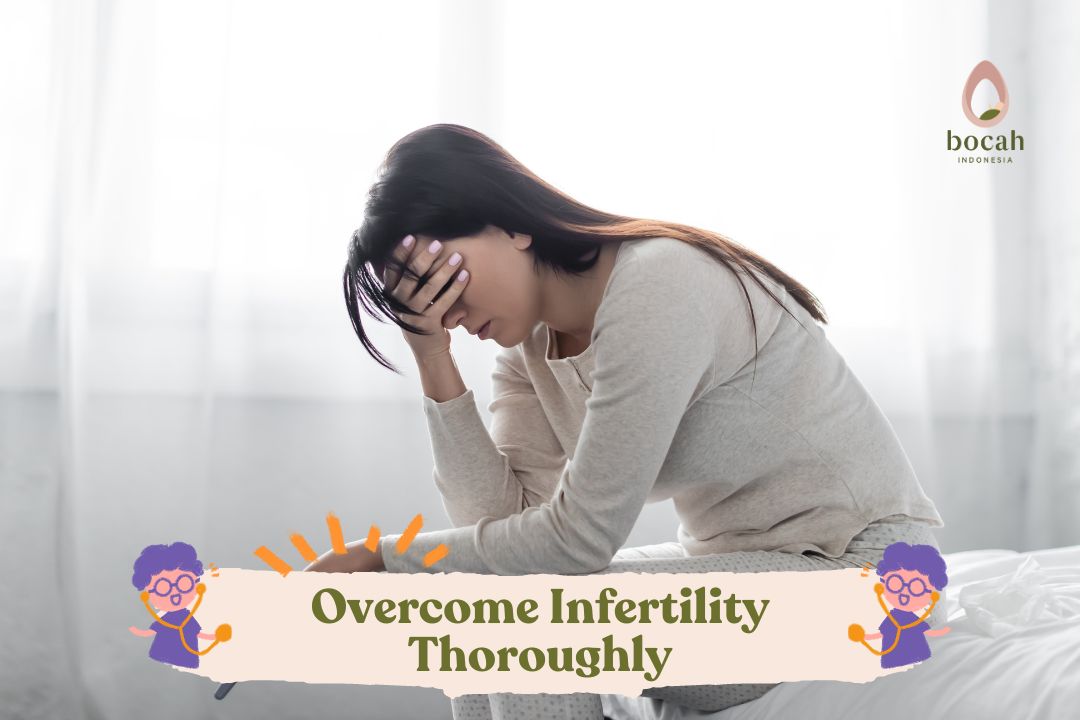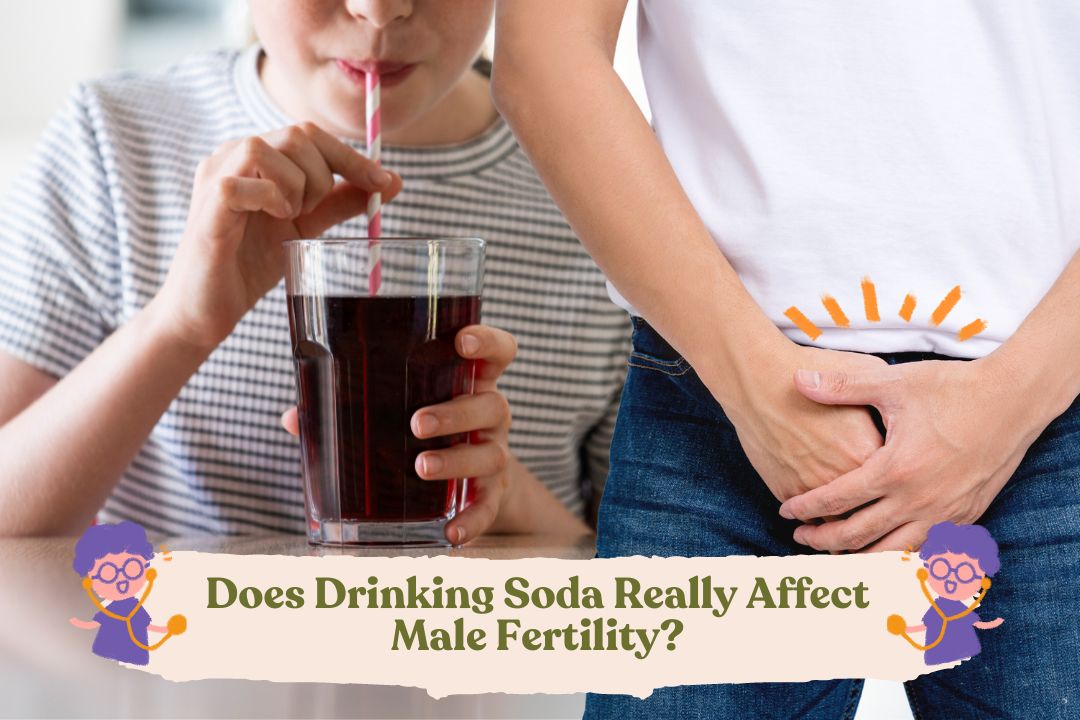6 Factors that Affect Infertility Moms and Dads Need to Be Cautious
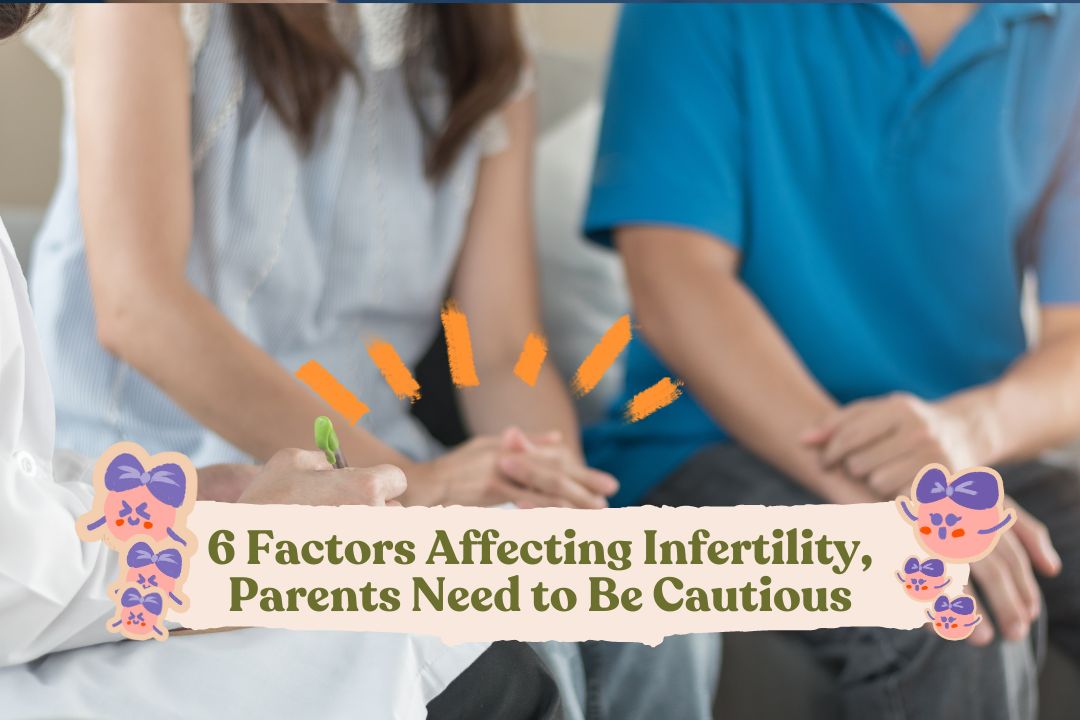
Fertility issues in both men and women can be caused by several factors, ranging from age to an unhealthy body weight. Infertility is a condition where pregnancy does not occur or there is no offspring after one year of marriage and regular sexual intercourse.
This condition is not only experienced by women but also by men. In women, infertility can be caused by ovulation disorders, polycystic ovary syndrome (PCOS), issues with fallopian tubes, endometriosis, and other reproductive organ problems. Meanwhile, in men, infertility can be caused by problems with sperm, hormonal disorders, reproductive organ issues, or sexual disorders.
Factors that Affect Infertility
Risk Fertility issues can occur in both men and women, especially when there are several factors that can increase the risk of fertility disorders for both genders. Here are some risk factors for infertility experienced by both men and women.
1. Advancing Age
One of the factors that can increase the risk of infertility is advancing age. In women, as age increases, fertility levels also significantly decrease. This is marked by a decrease in the quantity and quality of eggs. Women who are 35 years old or older have a lower chance of having children compared to women under 30 years old.
2. Unhealthy Body Weight
Having excessive or lower-than-normal body weight can also increase the risk of experiencing infertility. This applies to both women and men. In women, unhealthy body weight can disrupt the ovulation process. On the other hand, in men, unhealthy body weight can disturb the process of sperm production.
Tanya Mincah tentang Promil?
3. Stress
Be cautious if you frequently experience excessive stress. This condition can increase the risk of infertility. Stress can disrupt the hormone system in the body and the reproductive organs’ performance in both men and women. If not controlled, stress can affect fertility conditions. In some cases, stress can reduce sexual desire in partners, thus reducing the chances of pregnancy.
4. Smoking Habit or Exposure to Smoke
Smoking can indeed affect health. Additionally, this habit can also increase the risk of infertility in both men and women. This is because the chemicals in cigarettes can increase this risk.
Even if not an active smoker, being exposed to cigarette smoke can also damage women’s reproductive organs, such as the cervix, ovaries, and fallopian tubes. Inhaling cigarette smoke can even cause the ovaries to age faster and the number of eggs to decrease prematurely.
5. Frequent Alcohol Consumption
If you have a habit of consuming alcoholic beverages, be cautious about experiencing fertility problems. The long-term habit of alcohol consumption can damage body organs, including the reproductive organs.
Women who have a habit of consuming alcohol can increase the risk of ovulation disorders and endometriosis. Meanwhile, excessive alcohol consumption in men can affect sperm quality, reducing the chances of pregnancy.
6. Genetic Factors
Fertility issues can also arise due to hereditary or genetic factors. This condition can be experienced by both men and women. Men who have abnormalities in their sperm may have inherited them from their parents or family. For example, chromosomal problems can cause infertility issues.
In women, family members with a history of early menopause or endometriosis can also increase the risk of their offspring having the same health problems. Therefore, it is important to undergo fertility examinations to determine each partner’s fertility condition.
Infertility problems can be addressed based on their respective causes. It is advisable to consult with fertility experts to get the right solutions and treatments. Physical examinations and supportive tests will be conducted to determine fertility conditions.
Further treatments can be administered through medications, hormone therapy, or surgical procedures if necessary.
Ask Mincah
[fluentform id=”31″]Source:
- Piani, L.L., et al. (2022). A systematic review and meta-analysis on alcohol consumption and risk of endometriosis: an update from 2012. Sci Rep. 2022 Nov 9;12(1):19122.
- Anwar, M.Y., et al. (2021). The association between alcohol intake and fecundability during menstrual cycle phases. Hum Reprod. 2021 Aug 18;36(9):2538-2548.
- Delbaere, I., et al. (2020). Knowledge about the impact of age on fertility: a brief review. Ups J Med Sci. 2020; 125(2): 167–174.
- 4 Herbal Medicine to Improve Male Fertility - 01/07/2025
- 7 Signs of PCOS Every Woman Should Know - 30/06/2025
- Ultimate Guide: Boosting Egg Quality for a Healthy Pregnancy Journey - 23/06/2025


